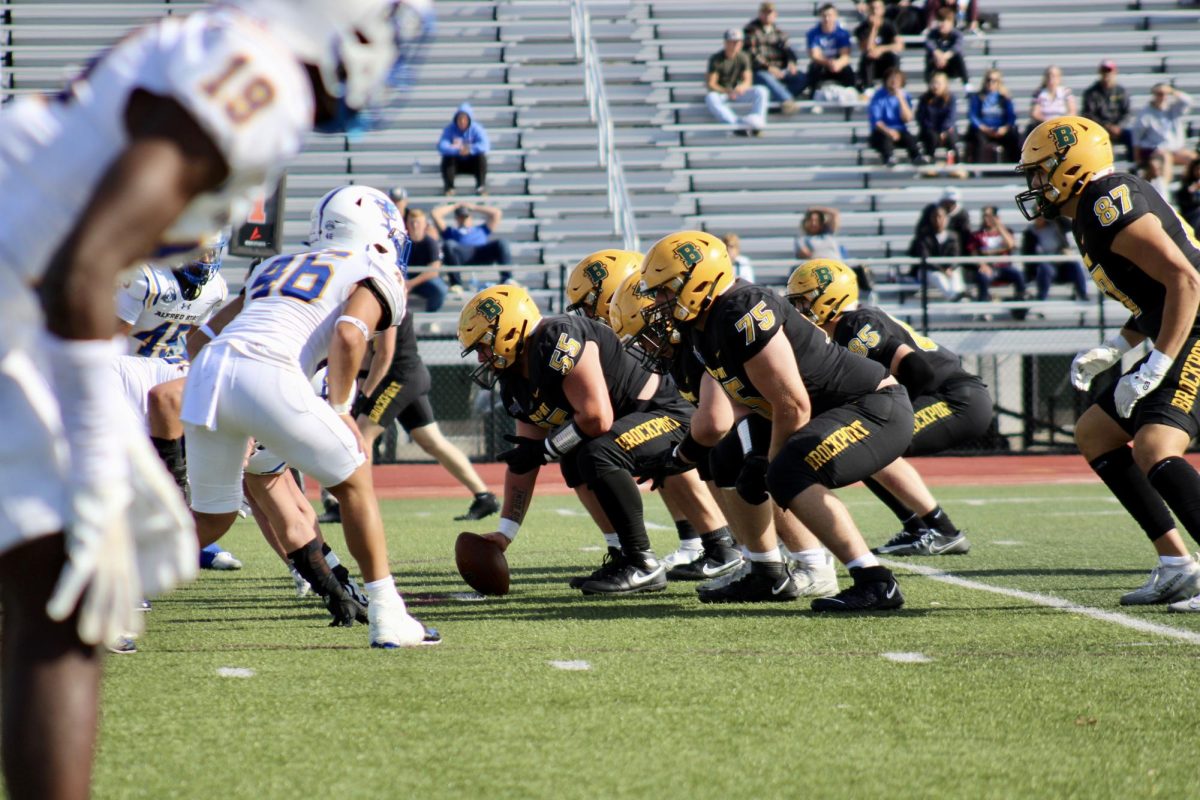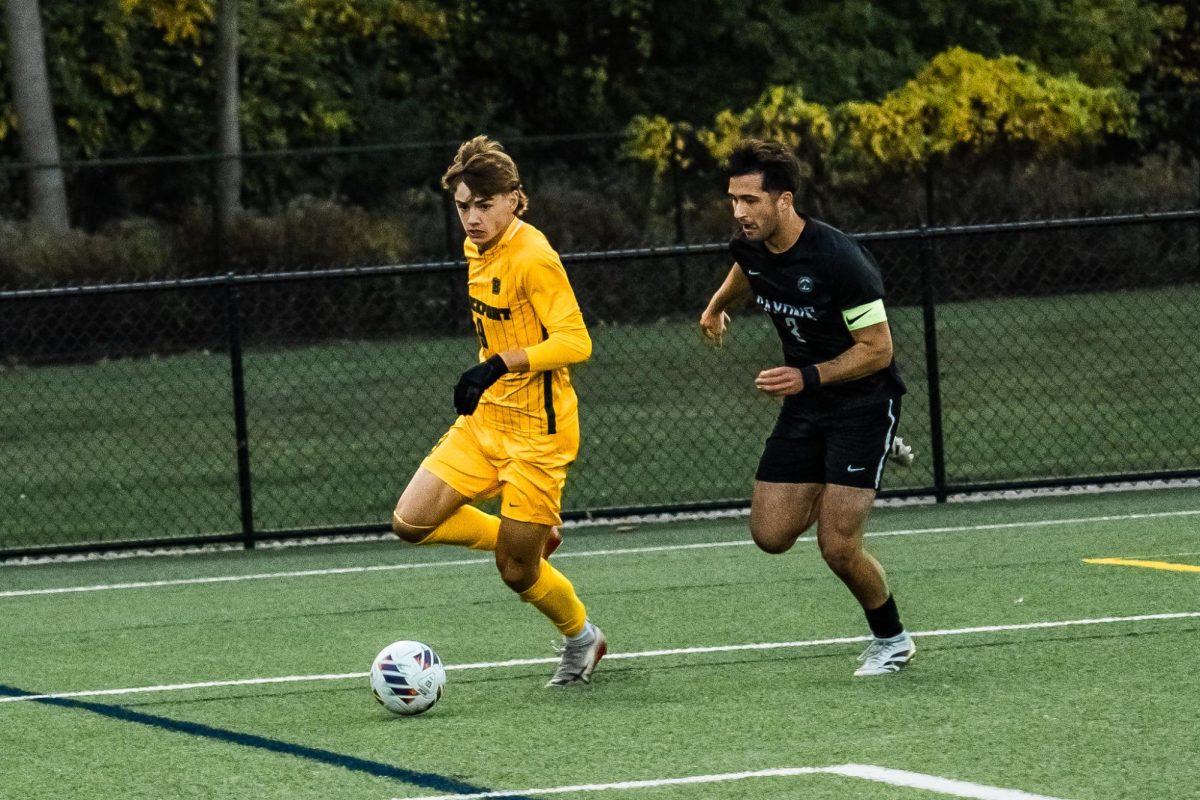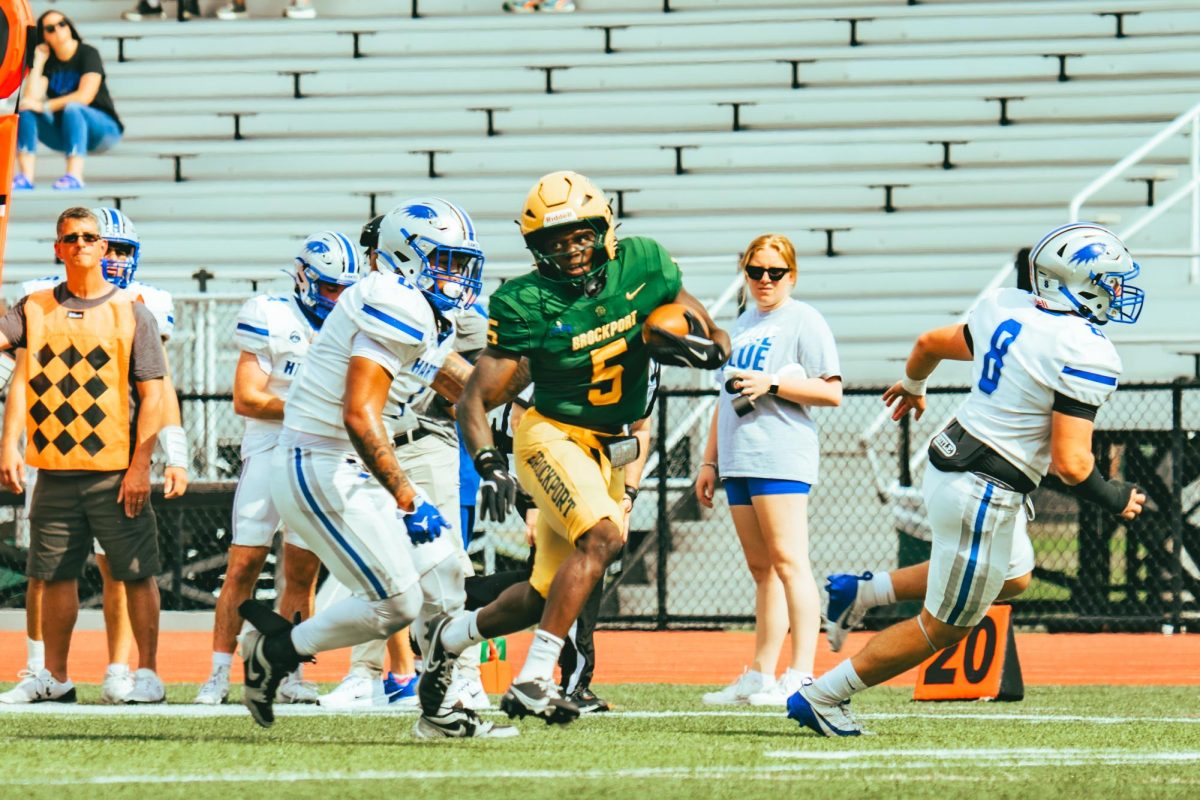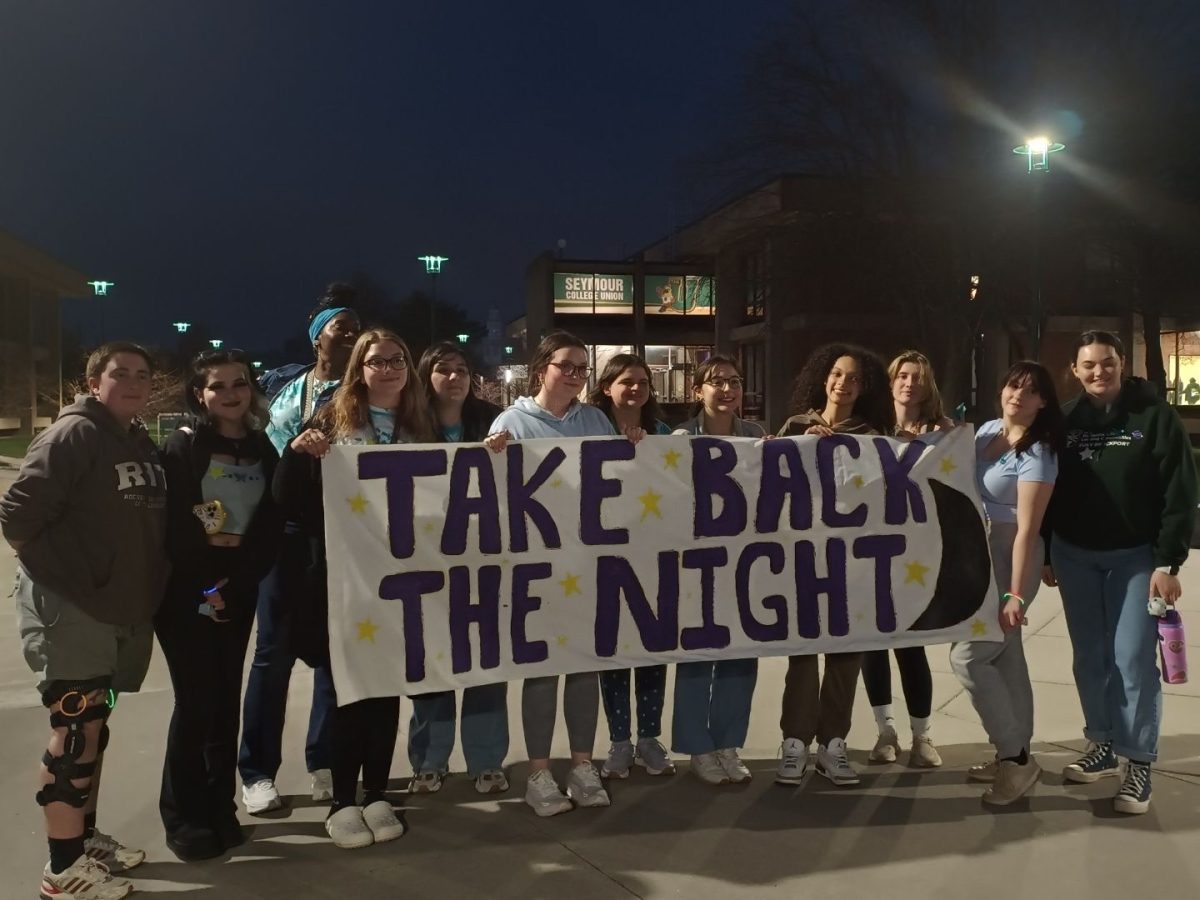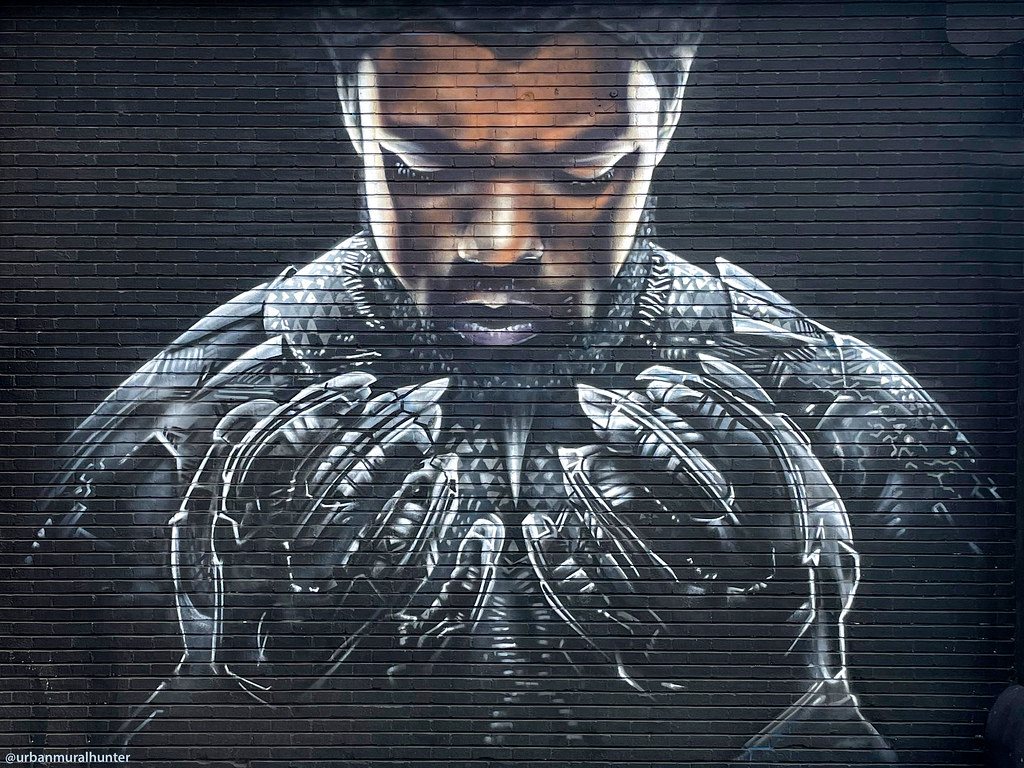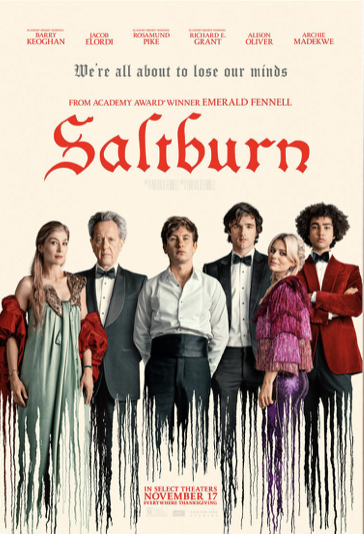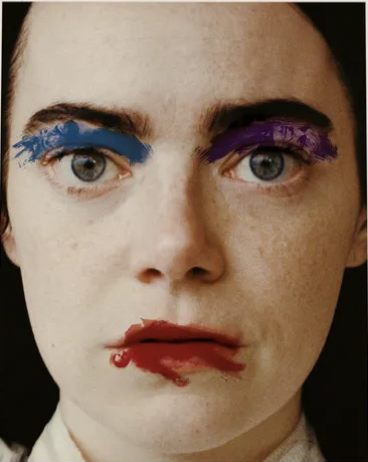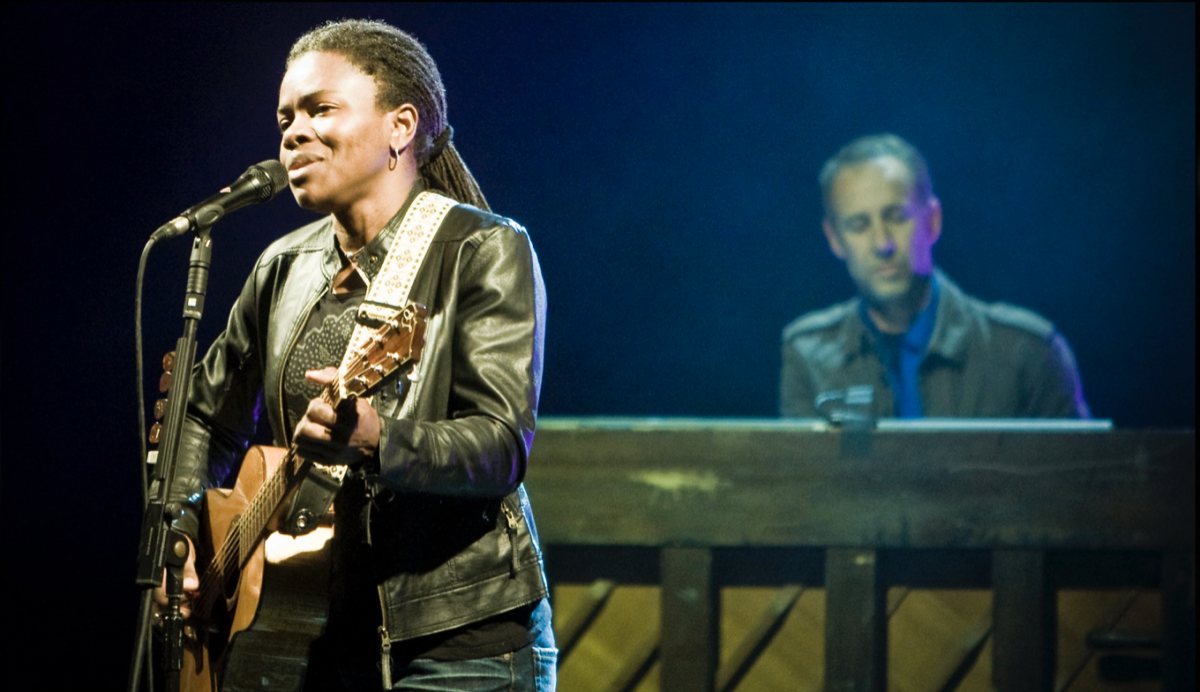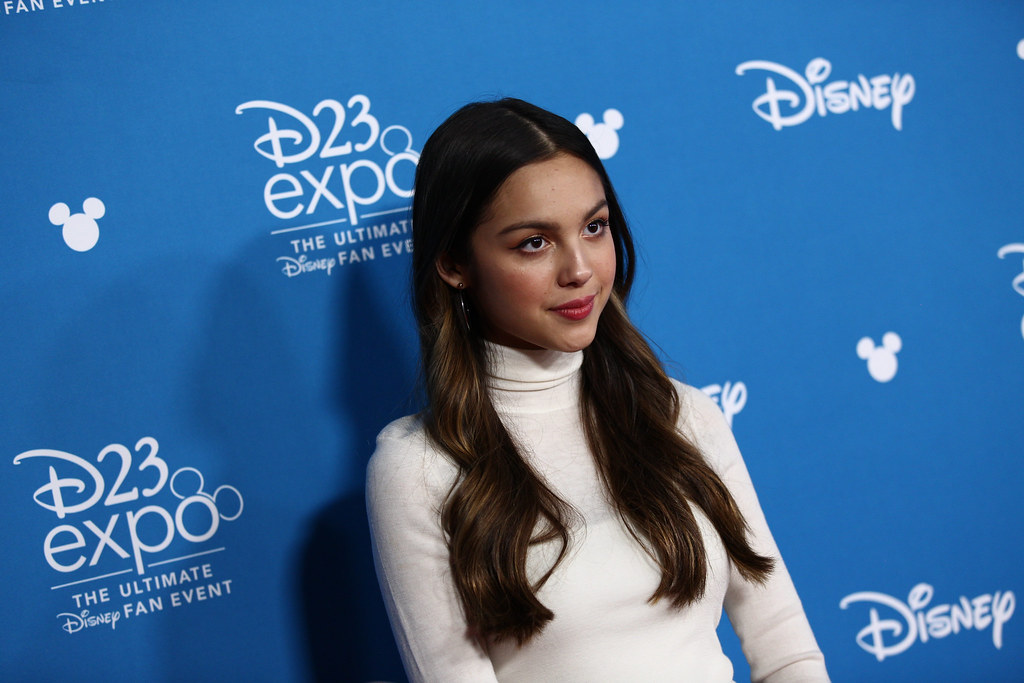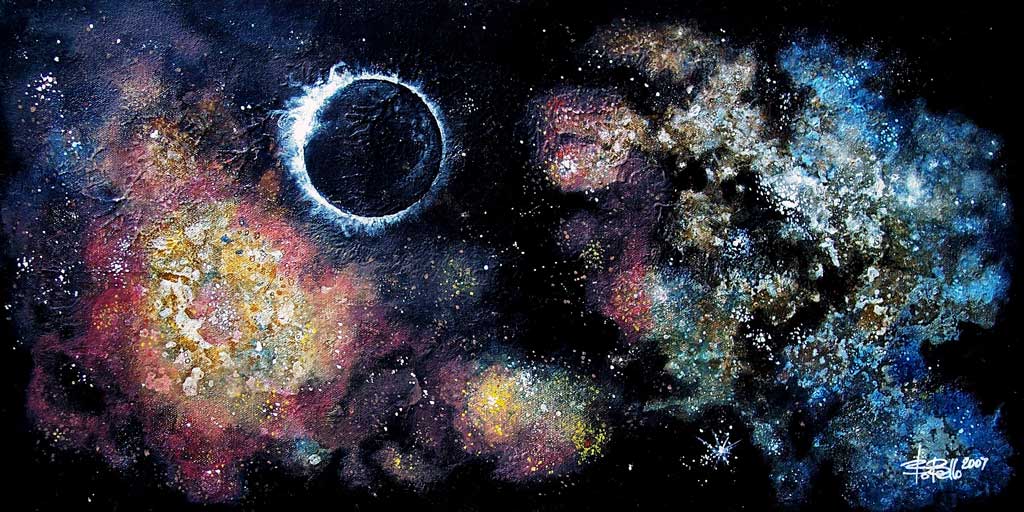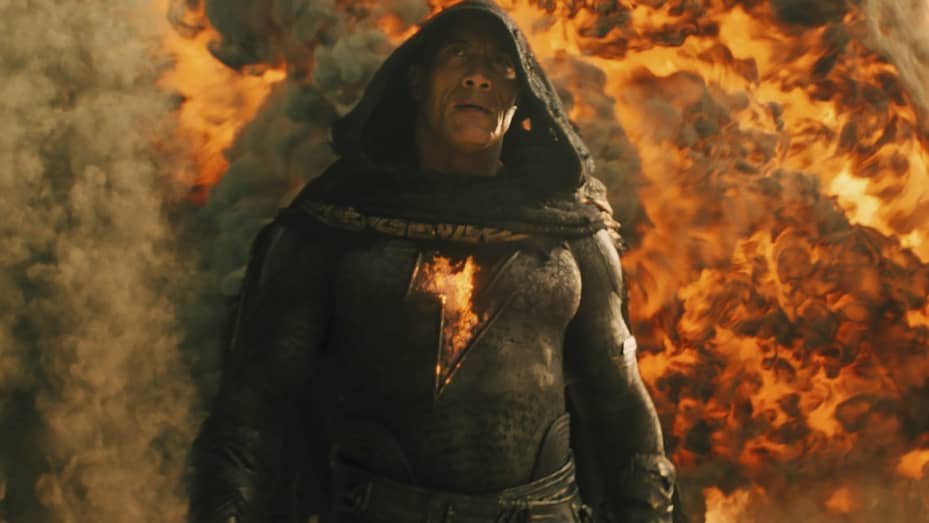When a sequel for a movie is made there tends to be some desire to make the movie as good or comparable to its predecessor. The vast majority of sequels fall short.
Then there are the rare instances where a sequel is obligated to be as good as its predecessor. Those movies tend to be really good and a rare few do hold up next to the original. “Black Panther: Wakanda Forever” is one of those rare few.
The follow-up to 2018’s “Black Panther,” “Wakanda Forever” takes on an unbelievable challenge: paying tribute and homage to Chadwick Boseman, the actor who portrayed the titular character before his 2020 death from cancer, while also pushing the story forward in a new and fresh way. I’m happy to say this film conquers this challenge with ease.
The movie opens with the sudden death of T’Challa, the Black Panther, and the majority of the film’s first act is devoted to mourning and finding a way forward. That “way forward” becomes expedited by necessity, as a new foe rises from the sea with a handful of sonic attacks. While still in grief, the leaders of Wakanda, especially T’Challa’s sister Shuri, are forced to protect their nation while still finding their own way forward.
I had high expectations for this movie and I rarely allow myself to have high expectations. I needn’t worry about having them for this movie though. This movie was something truly special. It paid tribute to the late Boseman without feeling heavy handed or cheesy and it also moves the story forward in a satisfying way.
The direction of Ryan Coogler really stands out to me in this film. The film feels so deliberate, with every single frame of footage feeling completely intentional and meaningful. For a film of this length, the better part of three hours, this amount of meticulous direction is quite impressive.
The acting in the film is solid. The performance of Tenoch Huerta Mejía as the leader of the underwater Talokan civilization felt a bit uninspired to me. His acting wasn’t terrible but there was a sense of a lack of commitment. Letitia Wright, on the other hand, was really good in this film. You could really feel the emotion of her performance as her character Shuri mourns the loss of her brother while trying to redefine and establish her role in Wakanda.
Not to divulge any spoilers of this film, I have to say I am extremely satisfied with the way the film’s narrative plays out. There is a mid-credits scene that is pretty important to this specific story, a bit of a departure from the end credits scenes of old, where Marvel would tie into other elements of the Marvel Cinematic Universe.
The whole film, in fact, felt like a bit of a departure from the Marvel Cinematic Universe, a welcome and refreshing one at that. The movie doesn’t follow the same three-act arc that nearly every other installment follows. It has different pacing, less explosions, and, quite frankly, more brains. There is a lot more thought and reflection throughout “Wakanda Forever”, and it felt so good to experience a Marvel movie that didn’t spend its whole duration pandering to action junkies. There are slower, more heartfelt moments in the film, moments of levity and moments of grief and the film navigates these two opposite emotions seamlessly.
“Black Panther: Wakanda Forever” is, quite simply, one of the best movies to ever come from a Marvel comic. It’s unique, it’s special, and it feels like an important film. The fact that a movie of this scale can do something this unique and still be successful is very comforting. Not that generic “Transformers”-like action movies are going to go anywhere anytime soon. Frankly, they make too much money to disappear. But “Wakanda Forever” has shown that the action genre can be expanded in a very special way.
“Black Panther: Wakanda Forever” deserves to be seen, to be appreciated. I can’t recommend it more.








